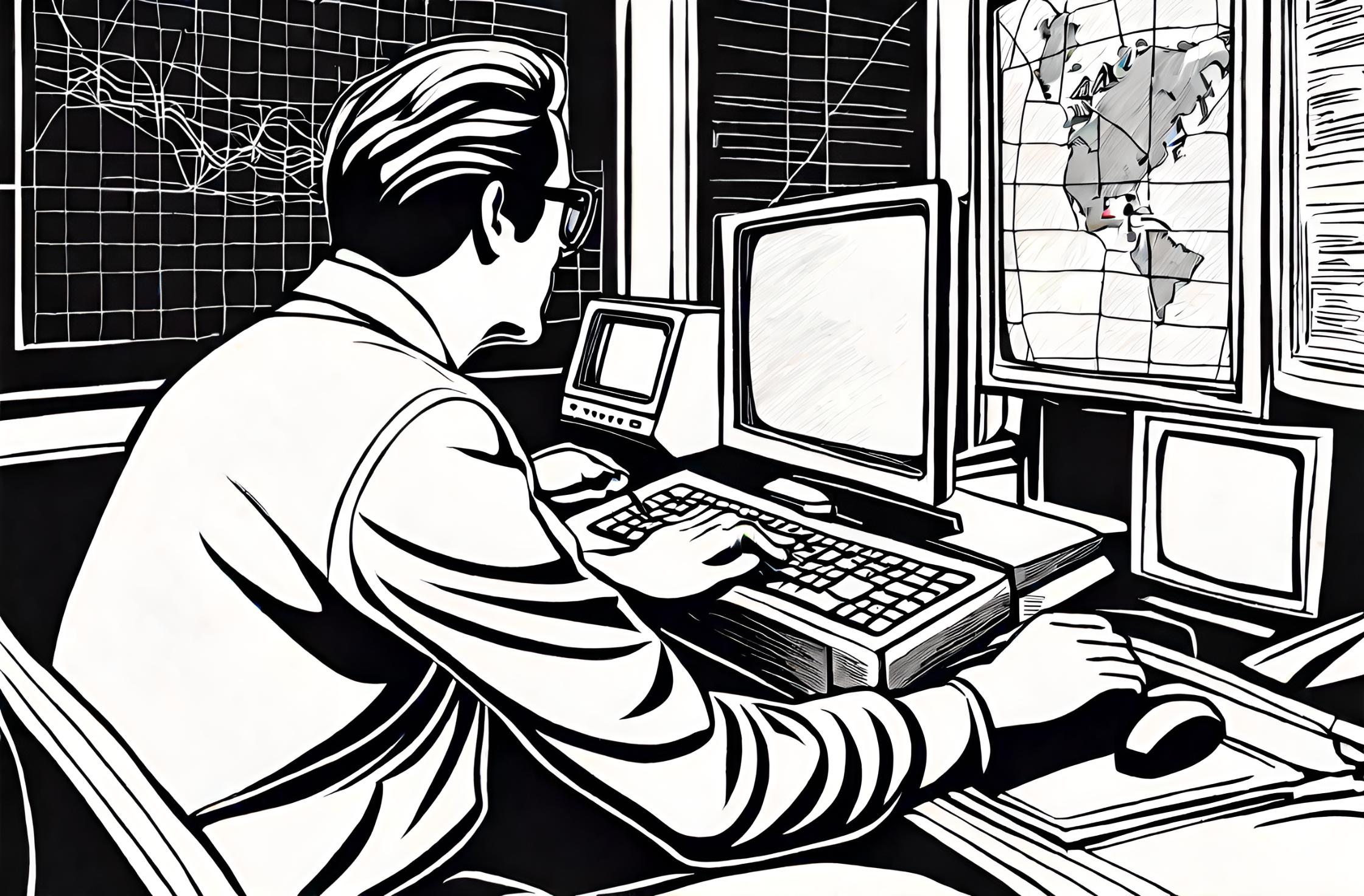Flashback to August 8
World History

On August 7, 1991, the digital landscape changed forever when the World Wide Web (WWW) debuted as a publicly available service on the Internet. This paradigm-shifting internet realignment was attributed to the visionary work of British computer scientist Sir Tim Berners-Lee. Since then, the world has become more connected, information more accessible, and opportunities boundless.
The public availability of the World Wide Web represented an enormous step in how global communication and information dissemination was to evolve. Central to this was the straightforward, user-friendly platform that this service provided. Comparable to a vast, interconnected digital library, the WWW endowed everyone with the ability to browse, explore and interact with an unparalleled assemblage of knowledge at the click of a button.
In elaborating on the influence of the World Wide Web, we must delve into Berners-Lee’s pioneering design. His brainchild, the HTTP protocol heralded a new era by dramatically simplifying the process of navigating the seemingly endless corridors of information. Preceding internet systems were largely domain-specific and required separate protocols, rendering them cumbersome and less accessible to ordinary users. The unprecedented user-centric design of the WWW revolutionized that landscape.
The Internet’s trajectory since the launch of the World Wide Web is characterized by exponential growth, a testament to the power of this revolution. Statistics paint a vivid picture: In December 1992, a mere year and a half after the public unveiling, there were already fifty websites worldwide. This number skyrocketed over the next decades, and today, there are over 1.7 billion websites on the World Wide Web.
The World Wide Web arriving as a publicly available service spun the threads of a worldwide connection network. This network fostered cross-cultural communication, inspired global collaborations, and fuelled economic growth through e-commerce. The single, unifying platform the WWW presented became a fulcrum for global commerce to pivot towards the digital era.
Notwithstanding, an equally meaningful outcome of the WWW debut is the democratization of information. Prior to its advent, access to information was often dictated by one’s socioeconomic status and geography. This situation was upended with the ubiquity of the WWW, which enabled instant access to news, educational resources, job opportunities, and more. This perpetually growing and evolving depository of human knowledge became a conduit for equalizing opportunities on a global scale.
Indeed, the Internet metamorphosed from a mere technological tool to a harbinger of cultural transformation following the advent of the World Wide Web. While the digital divide remains, strides have been made towards achieving universal accessibility. The inception of various initiatives aimed at making the Internet more affordable and accessible is facilitating significant progress.
To contextualize the monumental impact of the World Wide Web would perhaps be an unending endeavor as its influence permeates nearly every aspect of our lives. From the way we conduct business to our modes of learning, entertainment, and communication, the WWW’s launch on this day in 1991 radically revolutionized our lives.
In recapitulating, the introduction of the World Wide Web was nothing short of revolutionary. Despite being a product of advancing technology, its triumphant mark lies in its humanistic impact. And though it originated from humble beginnings, the World Wide Web has burgeoned into an expansive, pervasive, and invaluable resource, a testament to human ingenuity and our indomitable spirit to innovate and progress.
We strive for accuracy. If you see something that doesn't look right, click here to contact us!
Sponsored Content

The Warsaw radio mast,…
Experience the historical significance…

Fire and explosion kill…
"A tragic event in…

General Ne Win, ruler…
On August 8th, 1988,…

Quit India resolution was…
On August 8, 1942,…

The German airship Graf…
Experience the historical thrill…

Napoleon Bonaparte set sail…
On August 8, 1815,…

